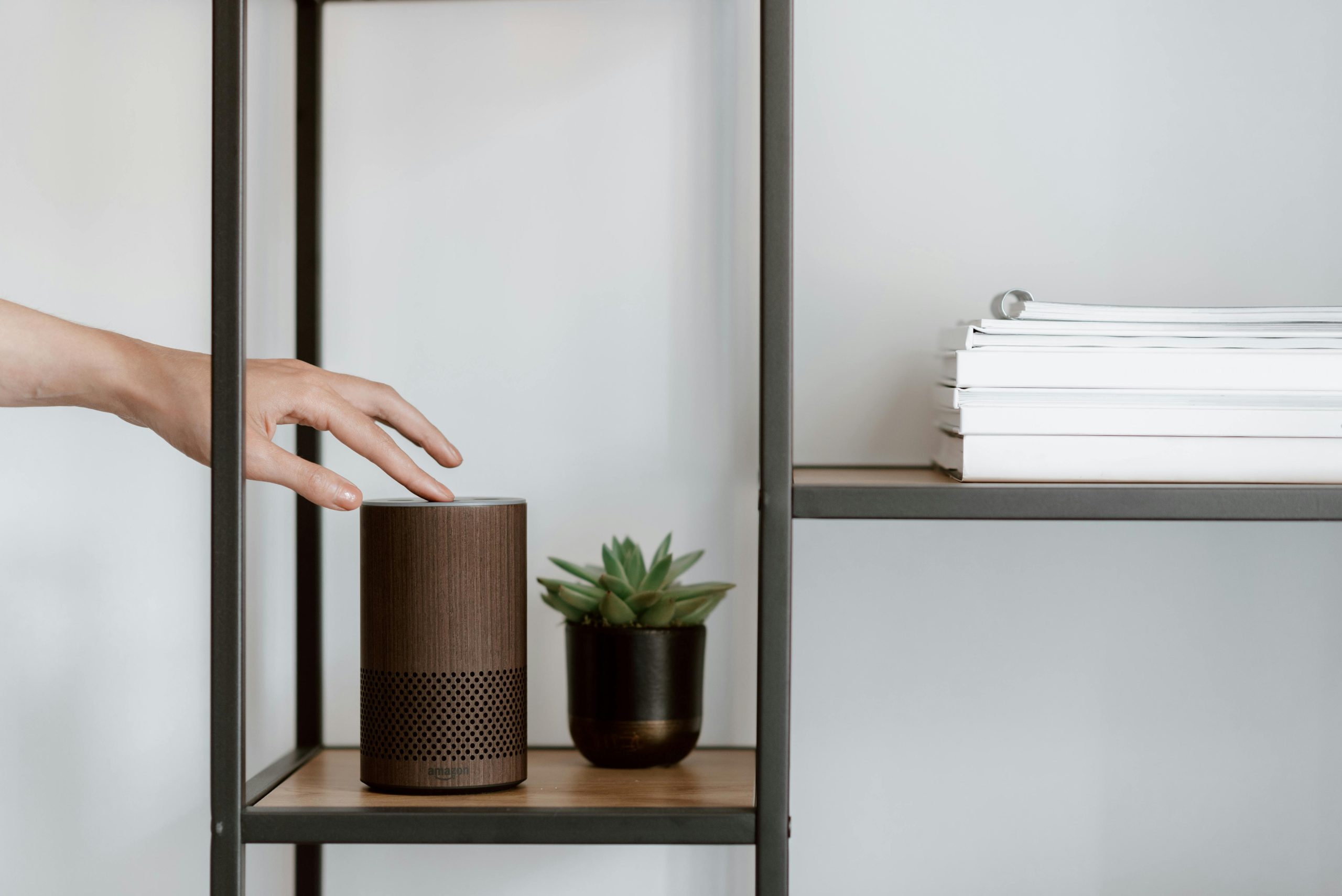Smart speakers have become an essential part of modern homes, offering convenience, entertainment, and seamless smart home control. As we step into 2025, the competition between Amazon Alexa and Google Home remains fierce, with both platforms introducing new features and improvements. But which one is the best choice for you? This in-depth comparison will help you decide whether to buy an Alexa-powered device or a Google Home speaker in 2025.
1. Voice Assistant Performance
Both Amazon Alexa and Google Assistant have evolved significantly, but their strengths differ. Alexa excels in smart home integration, supporting over 140,000 compatible devices, making it a powerhouse for home automation. Google Assistant, on the other hand, leverages Google’s search engine dominance, providing more accurate answers to complex questions and better contextual understanding.
Alexa’s Strengths
- Superior smart home control with routines and multi-device management.
- Wider third-party skill library for added functionality.
- Better support for shopping and Amazon services.
Google Assistant’s Strengths
- More natural language processing and conversational abilities.
- Stronger integration with Google services like Calendar, Gmail, and YouTube.
- Better at handling follow-up questions without repetition.
2. Sound Quality and Hardware Options
When it comes to audio performance, both brands offer a range of devices catering to different budgets and needs. Amazon’s Echo Studio and Google’s Nest Audio lead their respective lineups in 2025.
Amazon Alexa Devices
- Echo Studio – High-fidelity sound with 3D audio and Dolby Atmos.
- Echo Dot – Affordable and compact, ideal for small spaces.
- Echo Show – Combines voice control with a visual touchscreen interface.
Google Home Devices
- Nest Audio – Balanced sound with deep bass and clear highs.
- Nest Mini – Budget-friendly with improved bass response.
- Nest Hub – Smart display with Google’s visual assistance.
For audiophiles, the Echo Studio edges ahead with immersive sound, while Google’s Nest Audio offers a more balanced listening experience for everyday use.
3. Smart Home Integration and Compatibility
If you’re building a smart home ecosystem, compatibility is key. Amazon Alexa still leads in sheer device support, but Google Home has made strides in simplifying automation.
Alexa’s Smart Home Advantages
- Works with Zigbee, Matter, and most major smart home brands.
- Advanced routines with multiple triggers and actions.
- Supports Alexa Guard for home security monitoring.
Google Home’s Smart Home Advantages
- Seamless integration with Nest products and Chromecast.
- Better AI-driven automation with adaptive routines.
- Simpler setup for Google ecosystem users.
If you already own smart devices, check their compatibility with both platforms before deciding.
4. Privacy and Data Handling
Privacy concerns are critical when choosing a smart speaker. Both Amazon and Google have faced scrutiny, but they’ve introduced new privacy features in 2025.
Alexa Privacy Features
- Voice recording deletion via Alexa app.
- Microphone mute button on all devices.
- Optional end-to-end encryption for voice data.
Google Home Privacy Features
- Auto-delete voice recordings after 3 or 18 months.
- Guest Mode for temporary use without saving data.
- Enhanced security for Google Account-linked devices.
Google offers more granular controls, while Amazon provides easier manual deletion options.
5. Pricing and Value for Money
Budget plays a big role in choosing between Alexa and Google Home. Here’s how they compare in 2025:
Amazon Alexa Pricing
- Echo Dot – Starts at $49.99.
- Echo (4th Gen) – Around $99.99.
- Echo Studio – Priced at $199.99.
Google Home Pricing
- Nest Mini – Starts at $49.99.
- Nest Audio – Around $99.99.
- Nest Hub (2nd Gen) – Priced at $129.99.
Both brands offer competitive pricing, but Amazon frequently discounts Echo devices during sales, making Alexa a more budget-friendly choice.
Conclusion
Choosing between Amazon Alexa and Google Home in 2025 depends on your priorities. If you want the best smart home control, extensive third-party skills, and frequent discounts, Alexa is the way to go. However, if you prefer a more intelligent assistant with superior search capabilities and Google ecosystem integration, Google Home is the better pick. Evaluate your needs, existing devices, and budget to make the right decision for your smart home setup.
